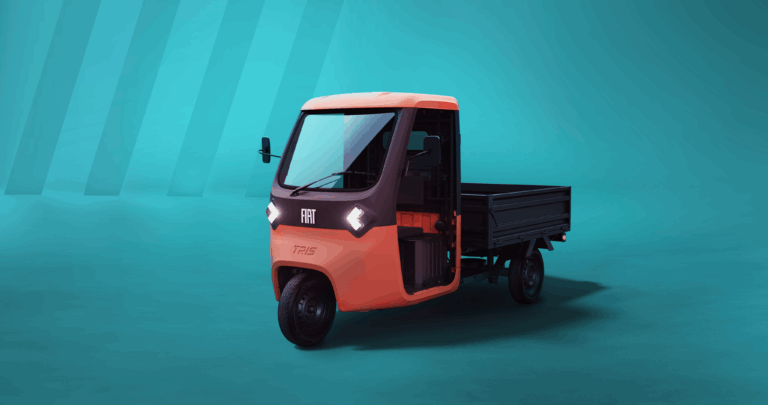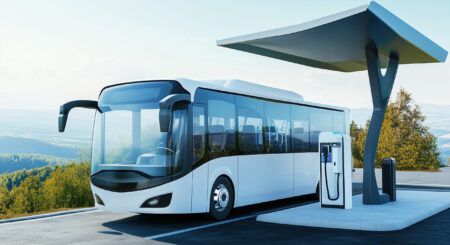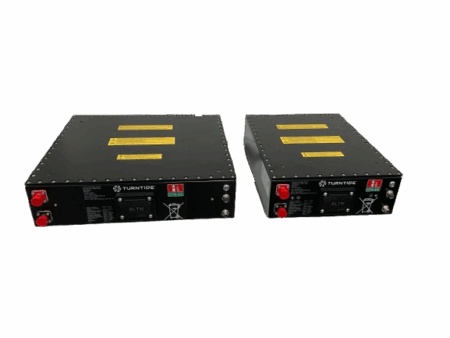Fiat has unveiled Tris, its first-ever three-wheeled electric vehicle designed for commercial use. The new model expands the Fiat Professional lineup with three configurations: chassis-cabin, flatbed, and pick-up, targeting micro transportation needs with zero emissions.
Manufactured in Morocco and initially launching across Middle East and Africa markets, Tris features a compact design measuring just 3.17 meters in length with a tight 3.05-meter turning radius for navigating congested urban environments.
“Tris is more than just a new vehicle – it’s a breakthrough in how we think about urban mobility,” said Olivier Francois, Fiat CEO and Stellantis Global Chief Marketing Officer. “As cities grow and the need for clean, accessible transport becomes more urgent, we saw an opportunity to offer something radically simple and profoundly useful. Tris provides independent workers, small businesses, and underserved communities with a cost-effective, zero-emissions tool to move forward.”
The vehicle’s name references its three wheels, modular design, and three-light LED signature, while being easily pronounceable across multiple languages.
Tris offers approximately 2.25 square meters of load space capable of accommodating a standard euro pallet, with a payload capacity of up to 540 kg and a gross vehicle weight of 1,025 kg.
Powered by a 48-volt electric motor delivering 9 kW peak power with 45 Nm of torque, Tris reaches a top speed of 45 km/h. Its 6.9 kWh lithium battery – the same technology used in the Fiat Topolino – provides a range of 90 km (WMTC) on a single charge. The integrated charging system allows for 0-80% charging in 3.5 hours using a standard domestic plug.
The interior features a 5.7-inch digital cluster displaying essential information including battery level and range. Driver amenities include USB-C and 12V power outlets, three-point seat belts, and multiple storage compartments.
Fiat Professional positions Tris as an accessible business solution with plans to offer leasing and lease-to-own options. The company has indicated Europe could be a future market for the vehicle as part of its global expansion strategy, with connected services like fleet management and vehicle tracking planned for future development.





